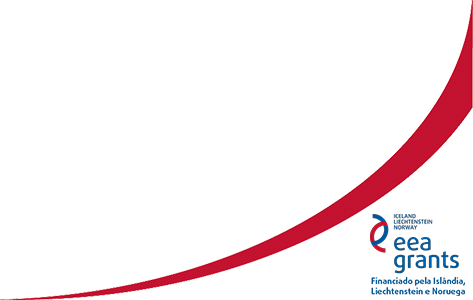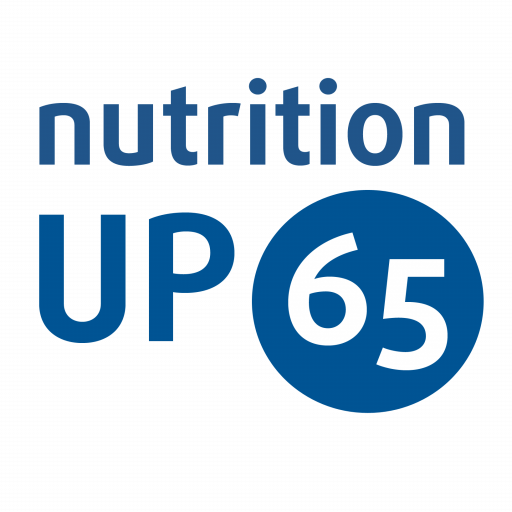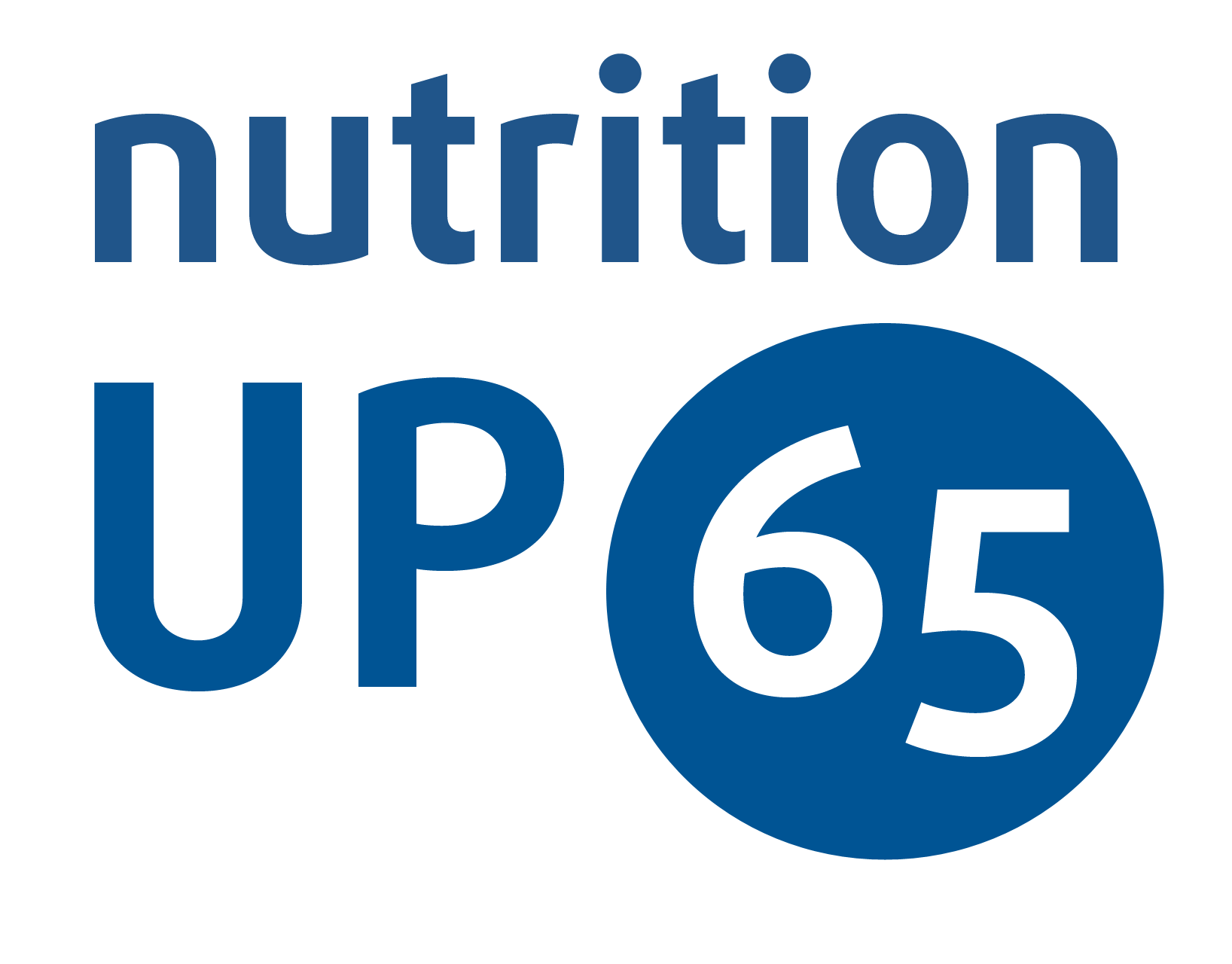
xxx-Project and Goals Description
The compromised nutritional status in older people is a serious public health problem. Despite all the alarming data released in the last decade about the negative influence of nutritional status’ changes in health status of the elderly population, the occurrence of malnutrition in Europe is still very high. Compounding this scenario, current trends indicate that the prevalence of obesity and sarcopenic obesity will also increase in this age group. These changes in nutritional status also have implications in frailty, an indicator that is strongly associated with higher mortality in older adults. Other indicators of nutritional status, such as low levels of vitamin D, dehydration and high sodium intake, are often associated with clinical complications in the elderly. The current socio-economic situation in countries experiencing a financial crisis, as in the case of Portugal, leads us to predict that the frequency and consequences of nutritional status commitment will increase in coming years. Furthermore, in Portugal there are few highly specialized health professionals at the geriatric sector. On the other hand, medical schools do not usually include comprehensive information about nutrition in their medical curricula. Probably due to this fact, the hospital records generally contain little information about the nutritional status of patients. The international evidence on these nutritional problems, coupled with the lack of data on this problem in Portugal, reinforce the relevance of this project, “Nutrition UP 65 – nutritional strategies facing an older demography”
Goals
Nutrition UP 65 is framed on the goal of reducing nutritional inequalities in the Portuguese older population. The project intends to:
- Improve the knowledge on Portuguese older adults’ nutritional status;
- Focus on the empowerment of health professionals on dealing with older adults’ nutritional status.
Specific objectives were constituted:
- To improve the information on Portuguese older adults nutritional status, specifically on undernutrition, obesity, sarcopenia, hydration and vitamin D status. Through promotion of outcomes research data, multidisciplinary education programmes focused on nutrition, tailored to the Portuguese older adults will be developed;
- To provide advanced, multidisciplinary and applied training in nutrition, particularly in these priority areas, and in nutritional status evaluation, nutrition support and education; to ensure high quality clinical records for direct, continuous and multidisciplinary care of older adults and for organization and good performance of the public health system.
Methods
Objective 1
Using a random sampling approach, study sample will be composed by 1500 older adults representing Portuguese older adults according age, sex, education level and country regional area.
In this sample, information will be collected about:
- Cognitive status
- Socio-demographic data
- Life style
- Nutritional status
- Anthropometry
- Functional indicators.
- Mini-Nutritional Assessment – Short Form.
- Frailty (Frieds fragility scale)
- Serum Vitamin D status.
- Hydration status (24 hour urine).
Objective 2:
- All professionals from the randomly selected institutions (physicians, nurses, nutritionists and dieticians) with contact with older adults will be identified; a random sample of 10 nationwide hospitals and from the 53 health units will be targeted.
- . All professional from selected institutions will be invited to participate in the project educational sections, consisting in 2 x 4 hours courses per day.
- These courses will be given by accredited teachers in each country region. These courses will be developed at FCNAUP and will focus on nutritional screening and assessment, nutrition support implementation, managing, monitoring and discharge planning. A final test will be driven and all participants will receive a
diploma. - On other side, older adult carers and catering delivers from health care organizations, social care, charitable groups, voluntary organizations, and caregivers will also receive basic training in healthy nutrition, meals planning and food preparation. A voluntary network of last year undergraduate students and alumni from FCNAUP will be created for having a nationwide geographic coverage.
Ethics
The study protocol was submitted to the National Commission for Data Protection was already approved by an Ethical Committee.
All the participants or their legal tutors will provide a written informed consent.



